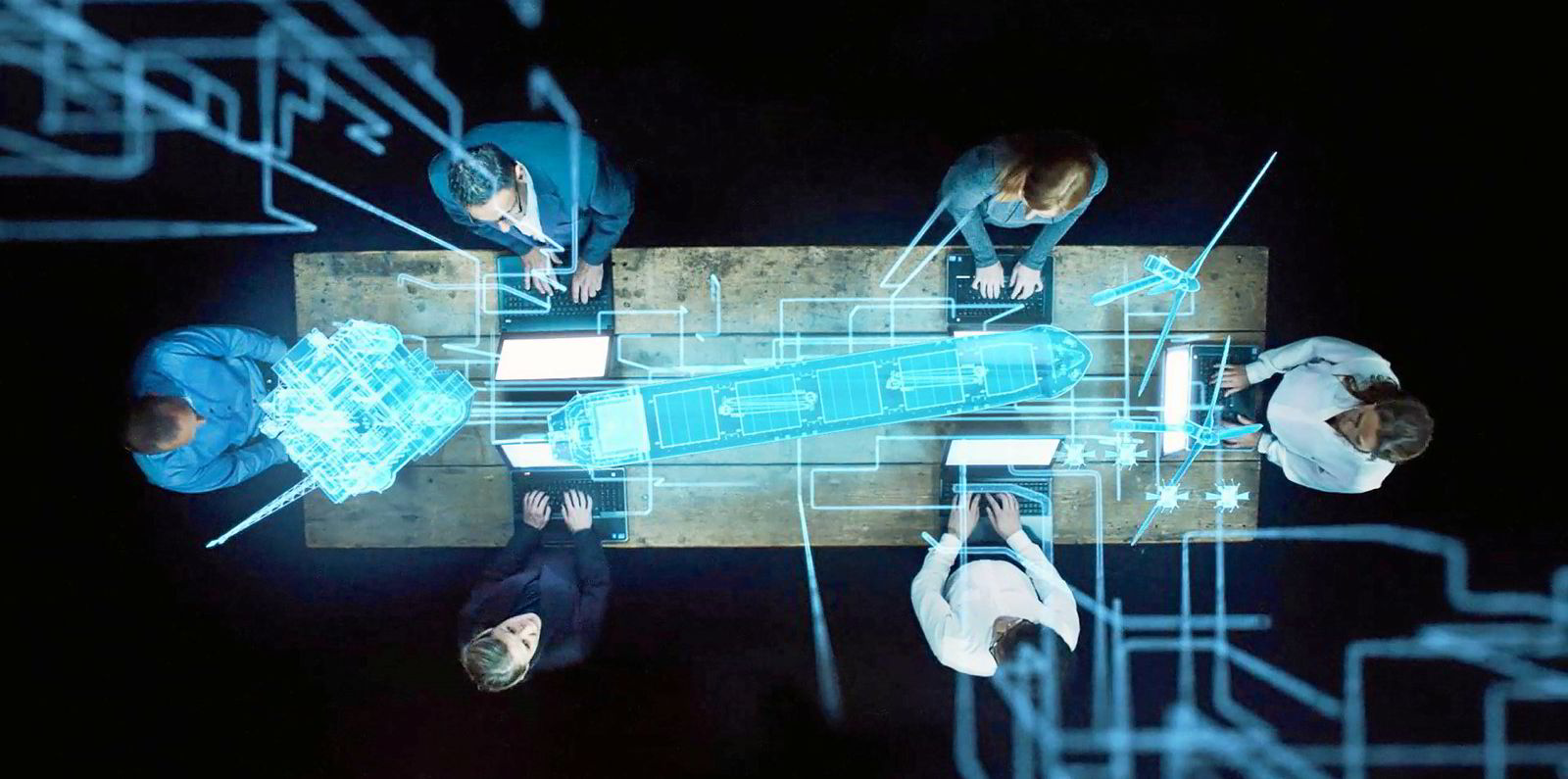Ships without sensors that cannot access high-frequency data for voyage optimisation can improve performance through a combination of traditional noon reports with data taken from similar vessels, according to Nautilus Labs.
The US-based vessel monitoring digital services provider said it undertook a study of 18 ships to validate the accuracy of three modelling approaches.
It looked at noon-only reports, combining them with information from similar ships in a Nautilus data pool and using data from a ship’s own high-frequency sensors.
Noon reports are made daily, providing a vessel’s position and other relevant standard data such as speed and weather conditions.
Nautilus said it found that high-frequency data from a ship’s own sensors reliably yielded the most accurate predictions.
But noon reports plus Nautilus data pool improved on the accuracy of noon-only by a significant margin for every vessel.
The combination provided 62% of the benefits of high-frequency data without the increased ship-specific sensor data requirements and improved predictive power over noon-only by 33%.
Vessels without sensors — and so ineligible for the high-frequency data approach — would receive more accurate predictions by leveraging techniques based on the noon report plus Nautilus data pool approach, the company said.
“Being able to produce more accurate simulations even for vessels without sensors brings us much closer to achieving fleet-wide optimisation and efficiency rooted in machine learning-based simulations,” said Nautilus Labs chief technology officer Todd Sundsted.





